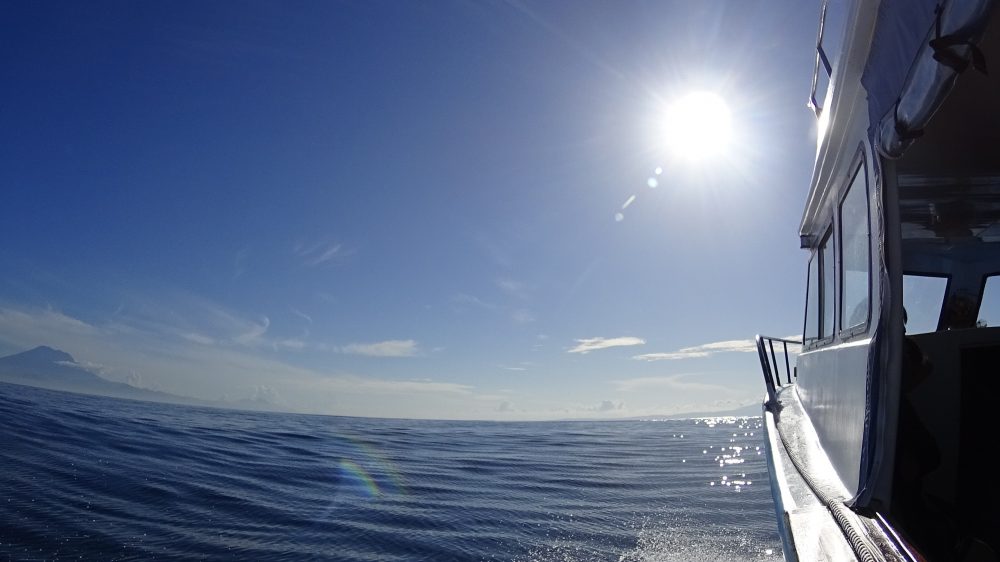Diving and seasickness: Don’t let it stop you from diving!

Are you prone to getting seasick?
Diving sometimes involves long boat rides in rough conditions, or floating on the surface with massive waves breaking on you until your boat picks you up from a dive. And the result? Wanting to throw up that nice hotel buffet breakfast you had in the morning!
Just because you want to avoid feeding the fish, you don’t want to limit yourself to shore dives or dive sites that are only short boat rides from shore, or even cancelling a dive because the conditions out in the ocean aren’t as good as you want them to be and you know it’s not going to be a comfortable boat ride.
You might be lucky enough to never have experienced seasickness, or you may be like me and suffer from seasickness pretty much EVERY dive. But there are ways to prevent and minimise the effects of seasickness, and make your dive as comfortable as possible.
- Travel sickness prevention tablets/pills
Readily available at chemists, pharmacies and even convenience stores, travel sickness medication is one of the most popular ways to prevent seasickness. Diphenhydramine is a common active ingredient in many travel sickness prevention medication, and is relatively safe or most people to use. Always follow directions on the product package and consult a doctor/medical professional if you are not sure if it is suitable for you.
As it is a travel sickness prevention medication, it is important that you take it before you start travelling on the boat, approximately 30 minutes. Many people take it when they start feeling sick but by then, it’s most likely too late. - Accupressure bands
Also known as ‘Sea-bands’, acupressure bands are elastic wrist bands with a plastic stud. They claim to work by applying pressure on the Nei Kuan pressure point located three finger breadths below the wrist on the inner forearm in between the two tendons. It is said to effectively relieve nausea caused by motion sickness. As it doesn’t use drugs, it is suitable for children and adults and it does not have any side effects. There is little scientific evidence that this method actually works, but some people live by it. So why not give it a try? - Citrus fruits
Citrus fruits such as oranges and lemons contain citric acid which helps calm the stomach and prevent nausea. It can help after you start feeling sick out at sea, so next time you go diving it may be a good idea to pack an orange! Squeeze the zest to get a whiff of the orange smell or pop a wedge of lemon into your water bottle to stay hydrated at the same time. Essential oils of citrus fruit also can be used; just put a few drops on a handkerchief and sniff it as often as you need to. - Be well rested
Sometimes getting a good night of sleep is all that takes to prevent feeling seasick. If you’re already feeling tired and sluggish before you hop onto the boat for your dive, you’re most likely to feel worse once those waves start rocking the boat. Go to bed early the night before your dive, and go out for a couple of drinks after your dive to celebrate the awesome things you saw on your dive with your buddies!
If one method doesn’t work, you may have to try a combination of a few. So next time you go diving, try out these few methods and see what works for you! Have a look at the dive sites available here in Bali, most don’t include a long boat ride, but there are a couple of sites that you’d need to consider seasickness at.
Do you suffer from seasickness? What usually works for you? Let us know in the comments below!



